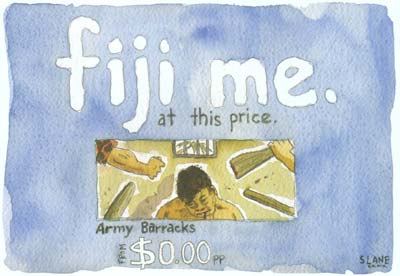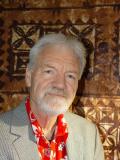
Reporting Europe and Asia-Pacific Inclusive Journalism Initiative (IJI) is a mobility project between Auckland University of Technology (Auckland, New Zealand), the University of Canterbury (Christchurch, New Zealand), the Danish School of Media and Journalism (Aarhuus, Denmark) and the Swedish School of Social Science(Helsinki, Finland). It involves development of journalism curriculum, exchange of students and staff and joint research.
IJI includes the 149118 Asia-Pacific Journalism postgraduate paper at AUT.
149118 Asia Pacific Journalism prescriptor(15 points) Introduces advanced studies in comparative journalism and media globalisation with a focus on the Asia-Pacific region. The political economy of the media in selected regional countries is examined. As well as the contextual media environment, this paper offers opportunities for in-depth regional reportage on cultural, environmental, political, governance, national development, social, media freedom and law issues.
More information
Journalists covering the South Pacific face new challenges, as tensions heighten, environmental problems grow and economic development and competition dilemmas increase.
A decade-long civil war on Bougainville, four coups in Fiji, ethnic conflict in the Solomon Islands, factional feuding in Vanuatu and political assassinations in New Caledonia and Samoa are all part of the volatile mix.
China and Taiwan are also taking an increasingly dominant interest in the region, competing for high-profile aid projects and political influence. There is also the challenge of reporting about environmental issues, such as the endangered rainforests in PNG.
This new postgraduate paper in Asia-Pacific Journalism (149118) examines the political economy of the media in the region and selected countries and territories such as Indonesia, Fiji, Cook Islands, East Timor, Papua New Guinea, Philippines Samoa, Tonga, Vanuatu and West Papua. Guest lecturers have included Middle East and Southeast Asian reporter Jon Stephenson; former Reuters correspondent in Jakarta Daniel Eaton; former Secretariat of the Pacific Community (SPC) women’s advocacy media officer Julie Middleton; Scoop roving editor Selwyn Manning; TVNZ’s Pacific correspondent Barbara Dreaver and TV3’s Ingrid Leary.
The paper also provides reporting strategies to help equip journalists to cover contemporary regional issues.
Course leader Associate Professor David Robie, director of AUT’s Pacific Media Centre, is a journalist and author who has covered Asia-Pacific for more than two decades. Dr Robie was awarded the PIMA Pacific Media Freedom Award in 2005 and his blog is Café Pacific.
Students and journalists enrolled in the inaugural course in 2007 came from Fiji, Germany, India, Kiribati and New Zealand. In 2008, the participants were from China, Cook Islands, New Zealand, Samoa and Zimbabwe. Opportunities are available for postgraduate course practicum (149109 Project) scholarships and credits in China, Indonesia and the Pacific funded by the Asia: NZ Foundation.
One of the major outlets on this course is Pacific Scoop.
Links:
* APJ prescriptor
* Pacific Media Centre
* APJ stories (on Pacific Scoop)
* PMC's YouTube channel
* International journalism scholarships handbook
* NZAid scholarships - categories include:
- 13.1 indigenous people's issues
- 13.5 civil society
- 13.7 human rights
- 13.8 free flow of information
- 13.9 gender issues/organisations



